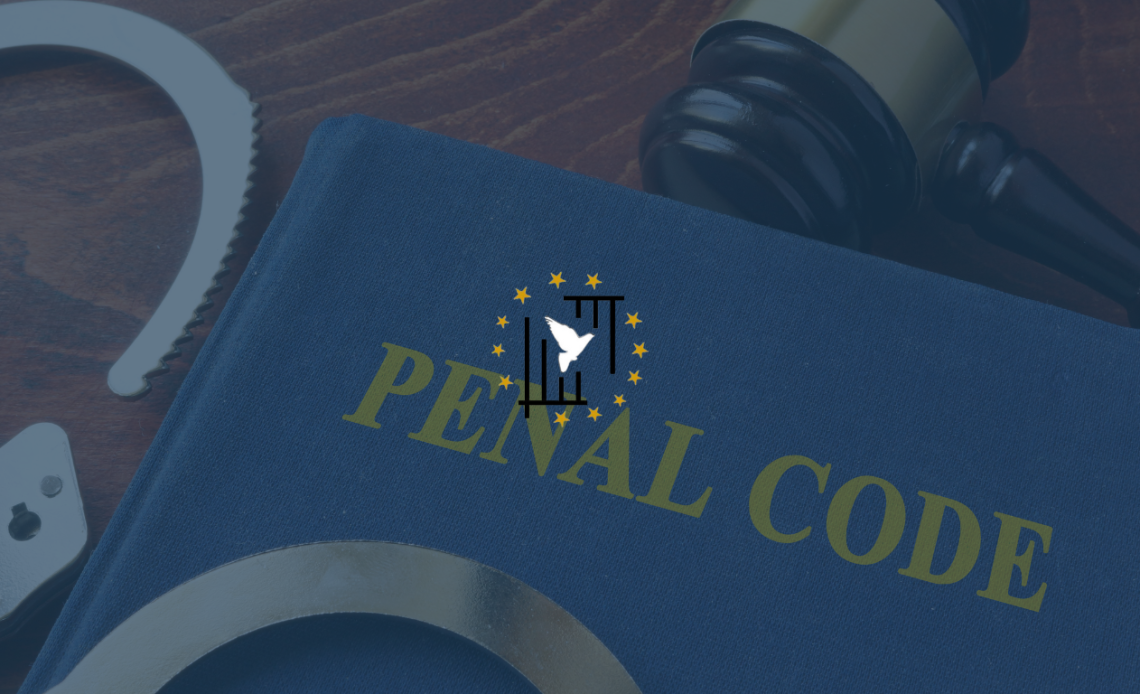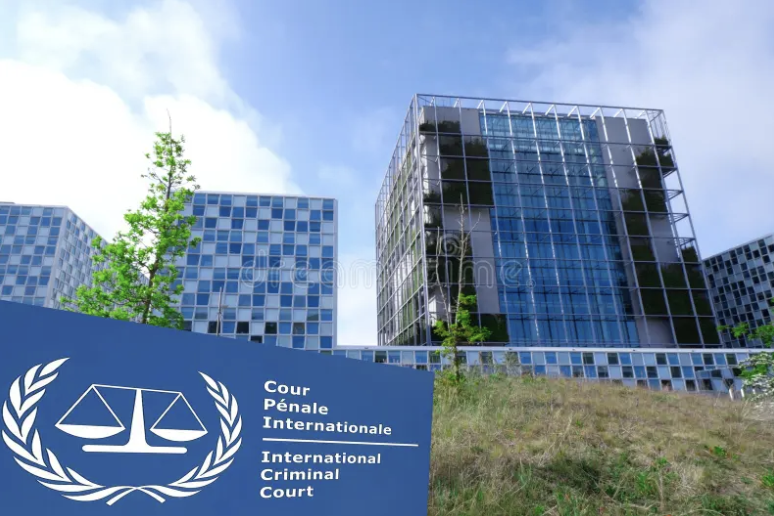
On 18 January 2025, Pre-Trial Chamber I of the International Criminal Court (ICC), by majority, issued a warrant of arrest for Mr. Osama Elmasry Njeem, also known as Osama Almasri Njeem, in the Situation in Libya.
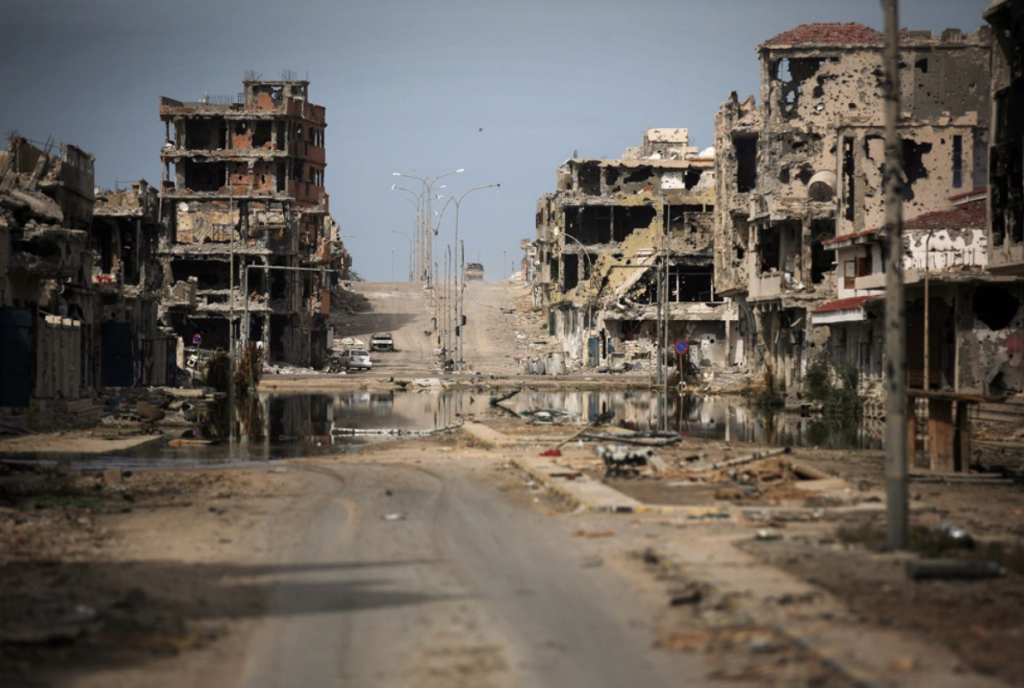
Elmasry Njeem is a member of RADA, a private military group that actually represents public Libyan institutions because of the lack of state sovereignty since the 2011 civil war.
The suspect has worked since 2016 as head of police in Mitiga prison which is known by independent Fact finding mission established by the United Nations Human Rights Council (HRC) as a place of several human rights violations like torture and sexual abuses. Once the ICC found out that the crimes, taken place in Mitiga prison, were committed or ordered directly by Mr. Njeem, issued an arrest warrant for: war crimes of outrages upon personal dignity, of cruel treatment, of torture, of rape and sexual violence and of murder.
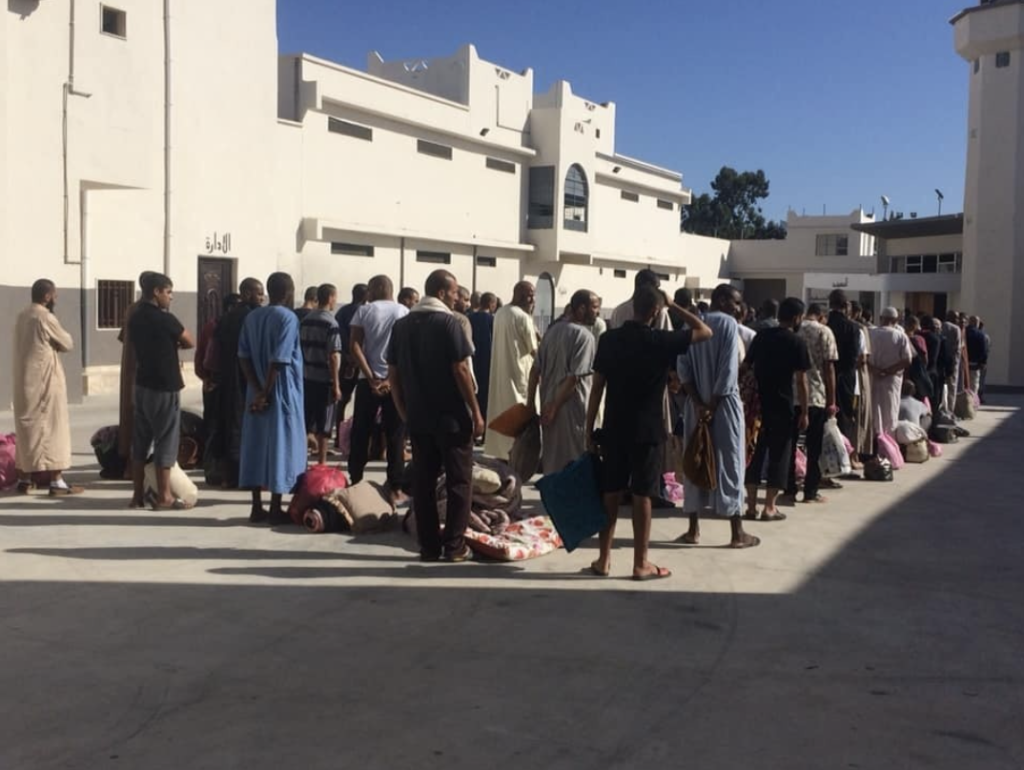
The suspect was located in Turin, Italy, in the early hours of Sunday, 19 January 2025 and was successfully arrested by the Italian authorities. However, on the 22 of January Almasry has been surprisingly released and repatriated. This decision, taken without any support and consultation of the ICC, was explained on the basis of several proceeding errors. Italian authorities declared that justice minister Carlo Nordio would have been consulted before proceeding with the arrest. Therefore, the government adopted an Expulsion act in order to preserve national security.
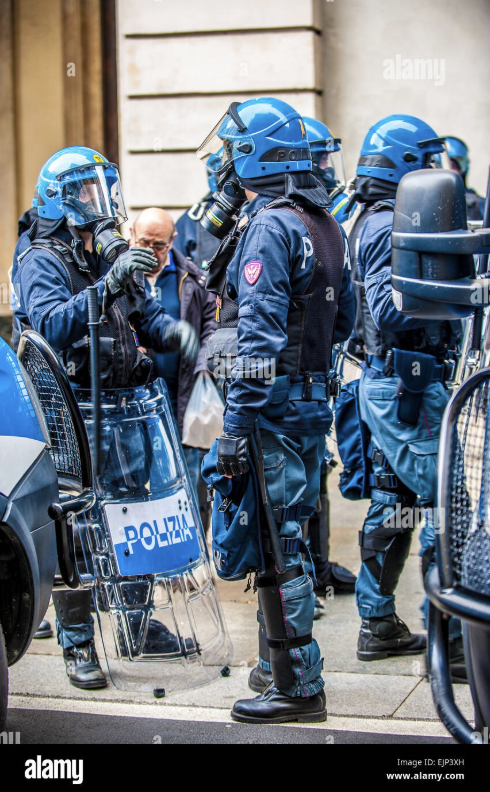
The ICC, left out by any consultations, is criticizing the italian authorities’ decision and claims: “The Court is seeking, and is yet to obtain, verification from the authorities on the steps reportedly taken” and “ recalls the duty of all States Parties to cooperate fully with the Court in its investigations and prosecutions of crimes.”
In Fact, prime minister Giorgia Meloni, justice minister Carlo Nordio, interior minister Matteo Piantedosi and Alfredo Mantovano, the cabinet undersecretary for intelligence matters are currently under investigation by Rome public prosecutor for not having followed ICC warrant
On the other hand, the Italy and Libya relationship has always been problematic concerning human rights violations. Since 2017 they have issued the “ Memorandum italia Libia” which represents one of the main EU strategies to face immigration called: “Externalisation of Borders“. It consists in the externalisation of migration management through cooperation with third countries. Although states have the right to decide whether to grant non-EU nationals access to their territory, they must do this in accordance with the law and uphold individuals’ fundamental rights. This Italian and Libyan agreement has relied on Libyan public institutions (such as RADA) for the management of migrant flows in the Mediterranean sea. As a result, Italy’s financial contributions may inadvertently support private military groups such as RADA, which have been reported to detain irregular migrants in facilities like Mitiga, where allegations of mistreatment, including torture and sexual abuse, have been raised. These groups are also believed to fund their activities through ransom payments.
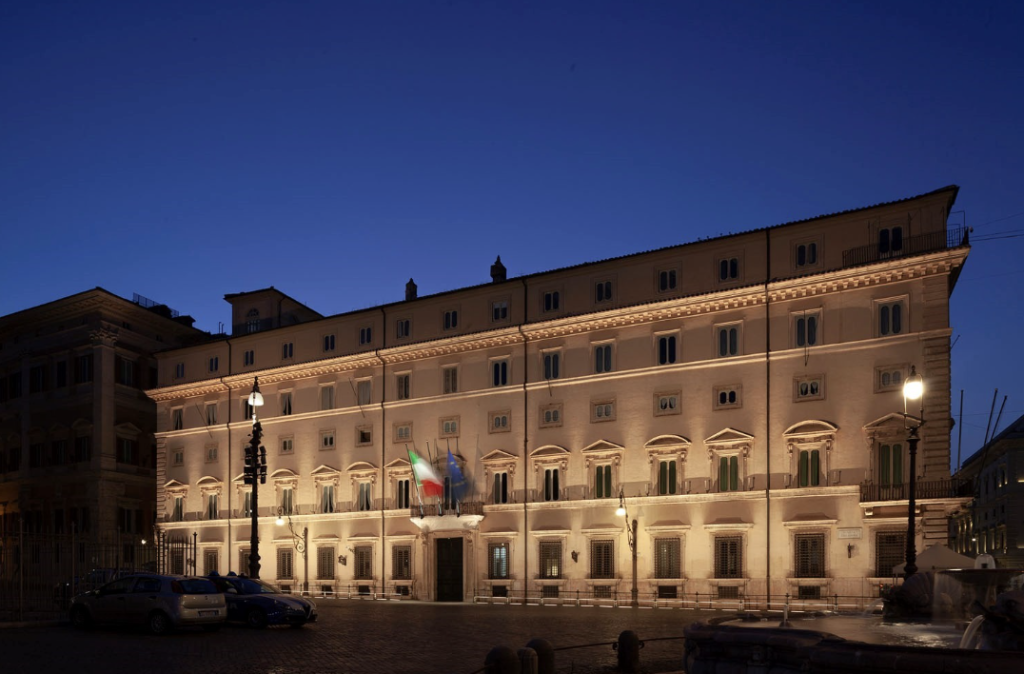
ASSEDEL supports the ICC declaration and recalls Italy to preserve and protect the immigrants’ human rights. Moreover, ASSEDEL invites EU countries to pursue the fight against Criminal smuggling organizations through cooperation with international institutions such as the International Criminal Court (ICC) in order to prevent future human rights violations
In conclusion, if you are interested in understanding how Italy is addressing the issue of irregular migration, please click “ASSEDEL’s Submission for the UN Universal Periodic Review of Italy“.
SOURCES:
https://www.ohchr.org/en/hr-bodies/hrc/libya/index
. https://www.europarl.europa.eu/RegData/etudes/BRIE/2022/738191/EPRS_BRI(2022)738191_EN.pdf

